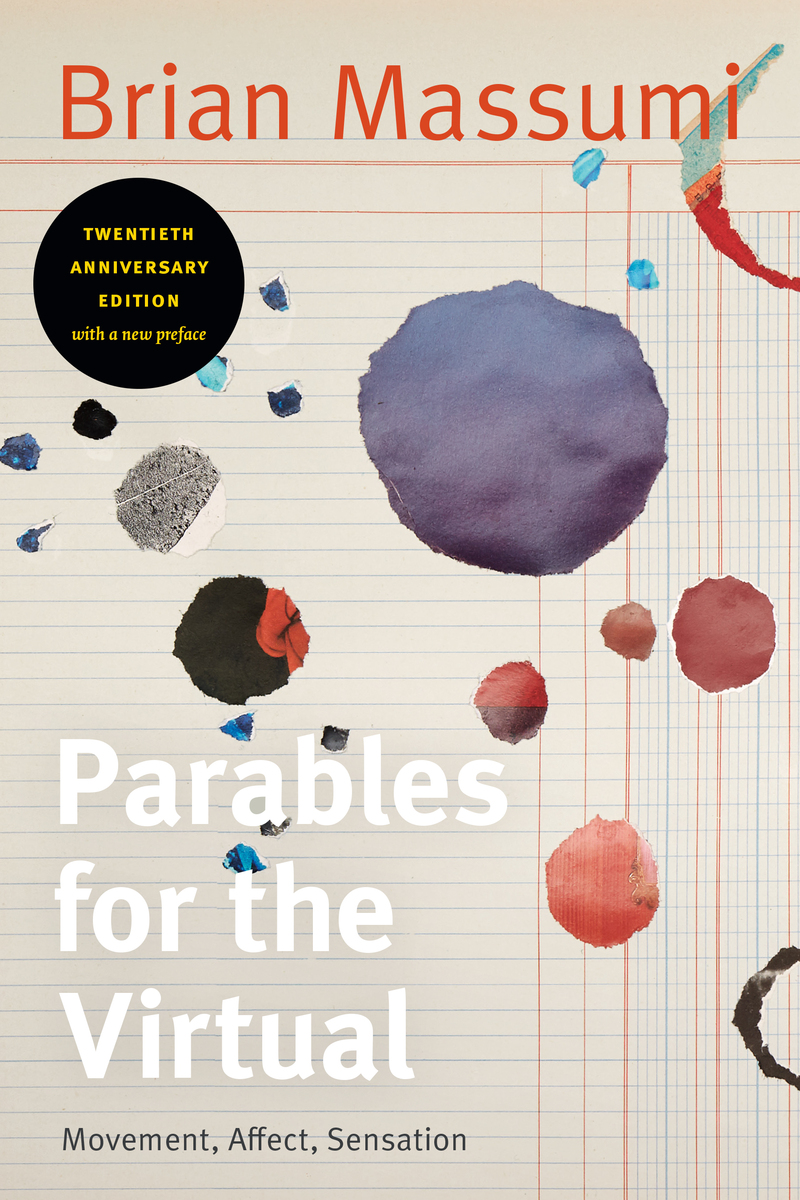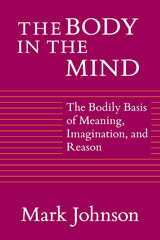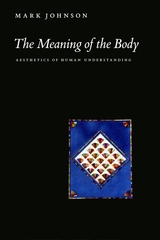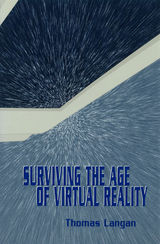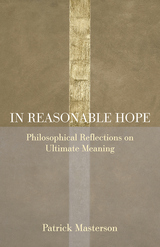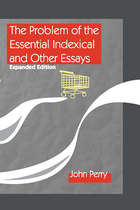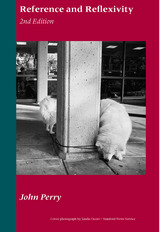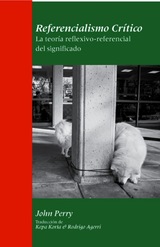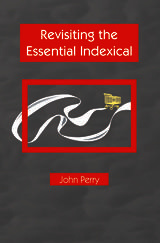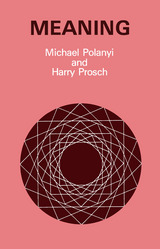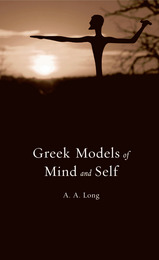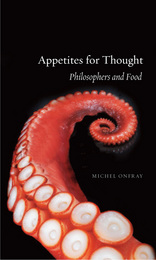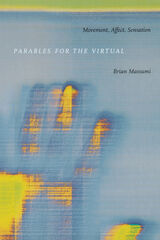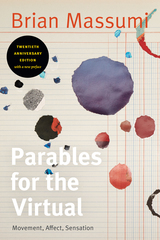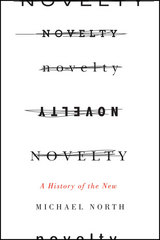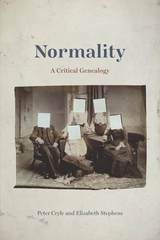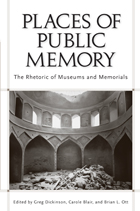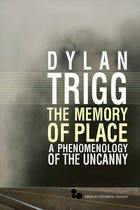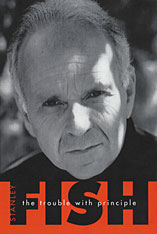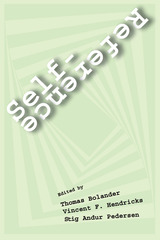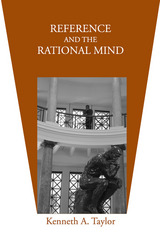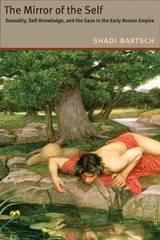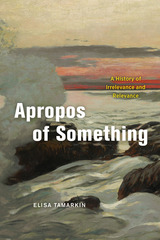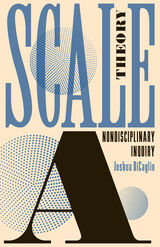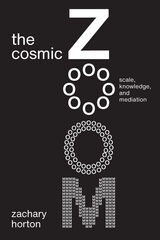Parables for the Virtual: Movement, Affect, Sensation
Duke University Press, 2021
Paper: 978-1-4780-1467-6 | Cloth: 978-1-4780-1374-7 | eISBN: 978-1-4780-2197-1
Library of Congress Classification B105.M65M37 2021
See other books on: Affect (Psychology) | Critical Theory | Massumi, Brian | Movement | Senses and sensation
See other titles from Duke University Press
Paper: 978-1-4780-1467-6 | Cloth: 978-1-4780-1374-7 | eISBN: 978-1-4780-2197-1
Library of Congress Classification B105.M65M37 2021
ABOUT THIS BOOK | AUTHOR BIOGRAPHY | REVIEWS | TOC | REQUEST ACCESSIBLE FILE
ABOUT THIS BOOK
Since its publication twenty years ago, Brian Massumi's pioneering Parables for the Virtual has become an essential text for interdisciplinary scholars across the humanities. Massumi views the body and media such as television, film, and the internet as cultural formations that operate on multiple registers of sensation. Renewing and assessing William James's radical empiricism and Henri Bergson's philosophy of perception through the filter of the postwar French philosophy of Deleuze, Guattari, and Foucault, Massumi links a cultural logic of variation to questions of movement, affect, and sensation. Replacing the traditional opposition of literal and figural with distinctions between stasis and motion and between actual and virtual, Massumi tackles related theoretical issues by applying them to cultural mediums as diverse as architecture, body art, the digital art of Stelarc, and Ronald Reagan's acting career. The result is an intriguing combination of cultural theory, science, and philosophy that asserts itself in a crystalline and multifaceted argument.
This twentieth anniversary edition includes a new preface in which Massumi situates the book in relation to developments since its publication and outlines the evolution of its main concepts. It also includes two short texts, “Keywords for Affect” and “Missed Conceptions about Affect,” in which Massumi explicates his approach to affect in ways that emphasize the book's political and philosophical stakes.
This twentieth anniversary edition includes a new preface in which Massumi situates the book in relation to developments since its publication and outlines the evolution of its main concepts. It also includes two short texts, “Keywords for Affect” and “Missed Conceptions about Affect,” in which Massumi explicates his approach to affect in ways that emphasize the book's political and philosophical stakes.
See other books on: Affect (Psychology) | Critical Theory | Massumi, Brian | Movement | Senses and sensation
See other titles from Duke University Press
